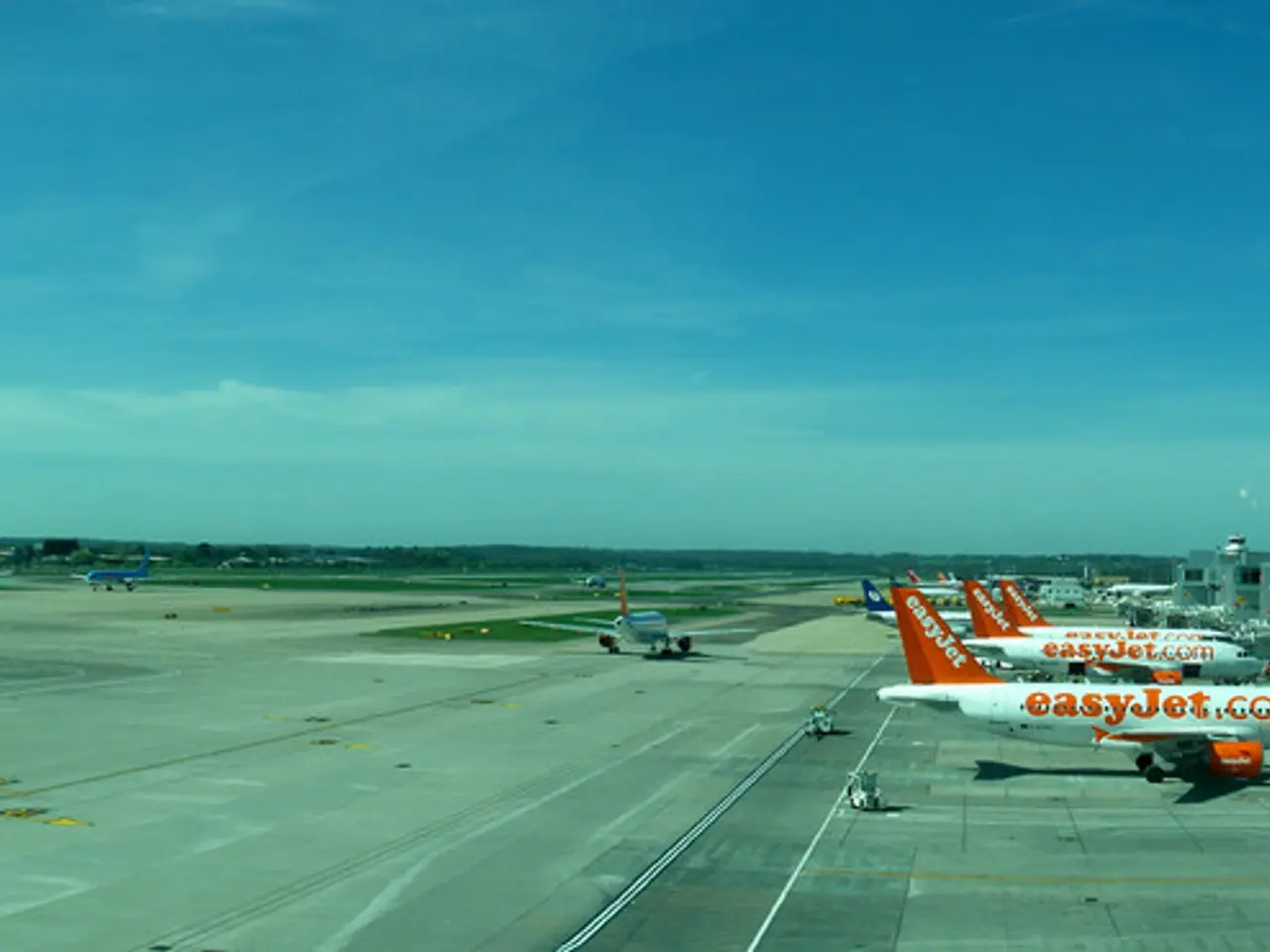Skies Over Iran Open Again After Ceasefire, but Caution Remains
Eastern Iranian airspace resumes operations
In a breathing space following the ceasefire between Israel and Iran, Iran has partially reopened its airspace, which had been shut for around two weeks. As confirmed by an official from the Ministry of Transportation speaking to Irna, the eastern half of Iran's airspace is now accessible again for international overflights, as well as domestic and international flights headed towards or originating from the east of Iran.
Several airports have resumed operations, including those in Mashhad, Chabahar, Sahedan, and Jask. Although Tehran is still off-limits for flights, there are hopeful signs of a gradual resumption of air travel in the region.
The skirmish between Israel and Iran concluded on Tuesday after twelve days of hostilities. Israel's provocative actions included bombing nuclear facilities and military installations in Iran, while Iran responded with rocket and drone attacks. Israel's aim was to prevent Iran from acquiring a nuclear weapon, a claim Iran unequivocally denies.
While the armistice appears to be holding, there have been reports of minor violations from both sides, indicating that the situation remains precarious. The airspace across the region remains sensitive and prone to interruptions, as missile attacks and military engagements persist.
Major Middle Eastern airlines such as Emirates and Qatar Airways have suspended flights to Iran and Iraq until at least the end of the month, citing safety concerns. Although flight disruptions have eased since the peak of hostilities, some airlines continue to cancel routes or postpone flights due to the perceived risks, particularly in and around Iranian airspace.
In Israel, the Ben Gurion Airport is functioning normally, with regular scheduled and charter flights running at full capacity. American airlines like El Al, Arkia, and Israir are also operating as usual. The U.S. Embassy in Jerusalem has resumed normal consular services and facilitates evacuation of U.S. citizens from Israel, offering limited assisted government flights.
Though flight activity in Iran and its neighboring airspace is slowly recovering, caution must be exercised as the region remains volatile and sensitive. Governments and carriers will continue to adapt their policies and operations according to the latest developments, prioritizing the safety of passengers and staff above all else.
The community and carriers must exercise extreme caution due to the volatile nature of the region, as cooperation policies for air travel continue to evolve in response to the ceasefire between Israel and Iran. Meanwhile, politics and general news surrounding war-and-conflicts in the Middle East significantly impact cooperation policies, including those related to cooperation in airspace.








